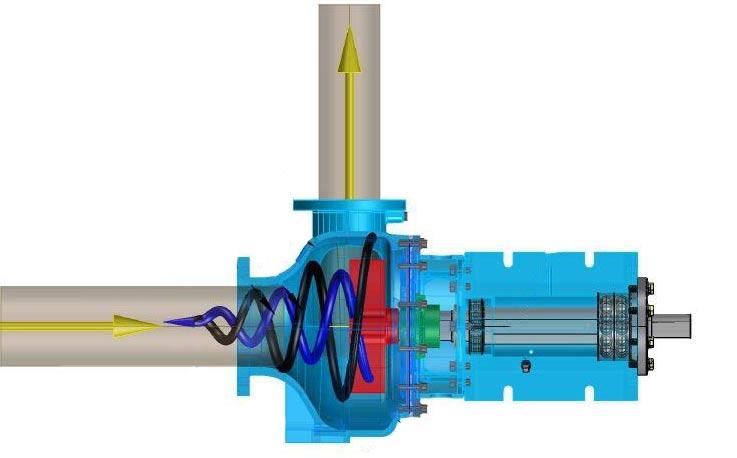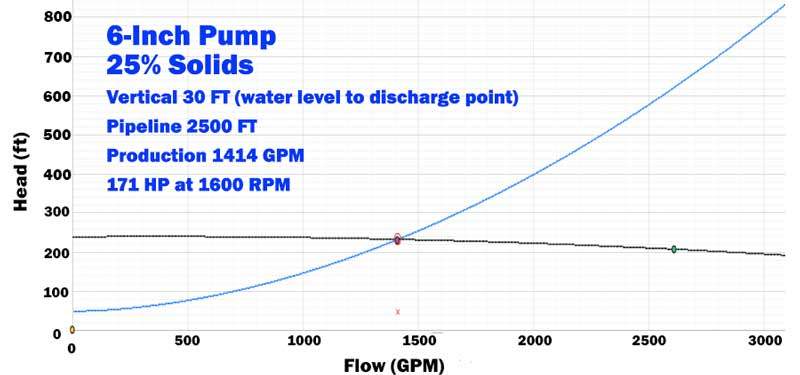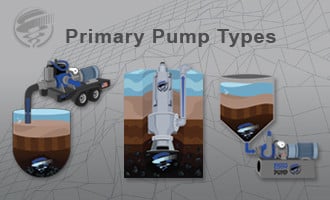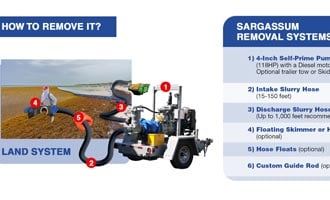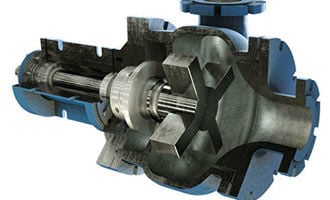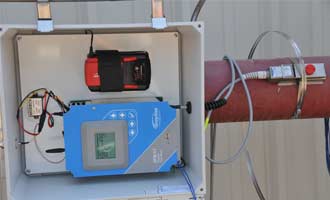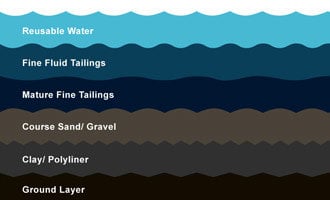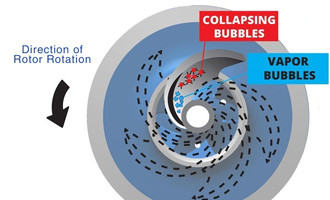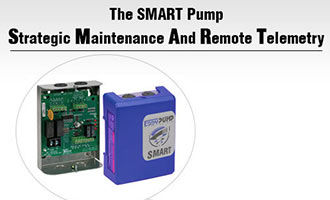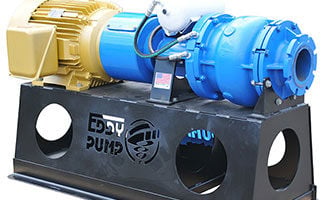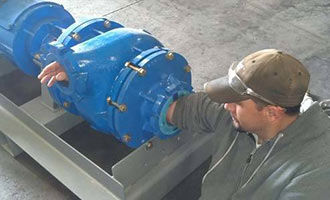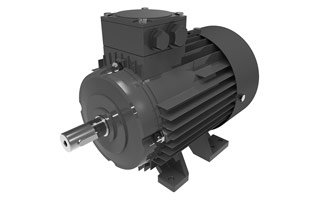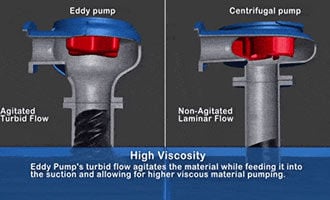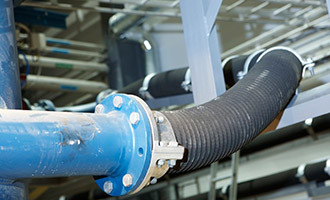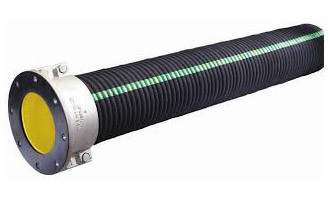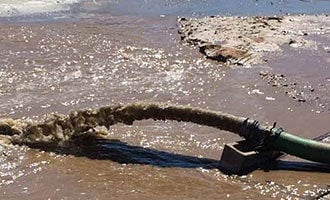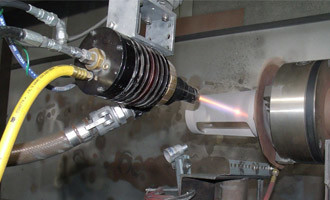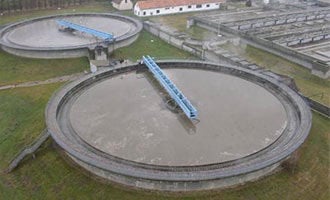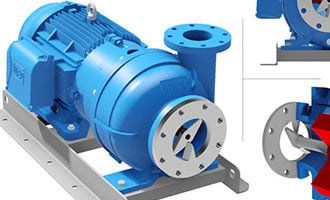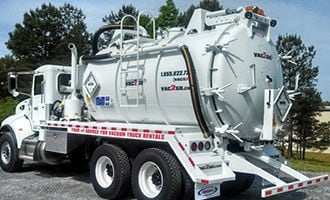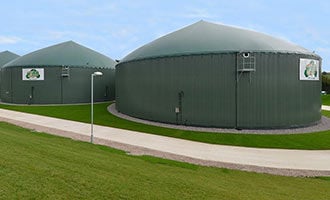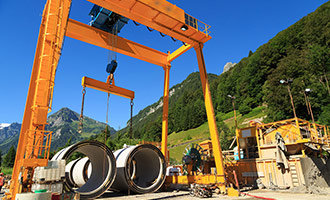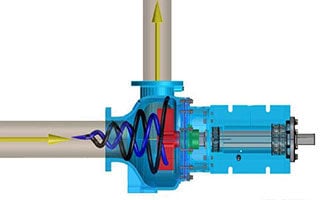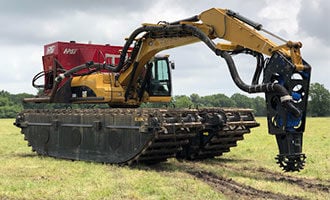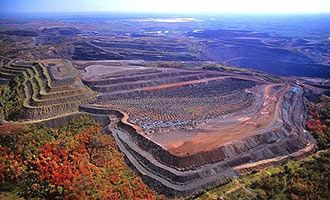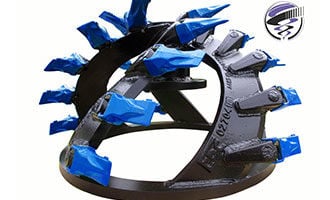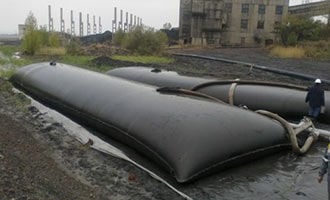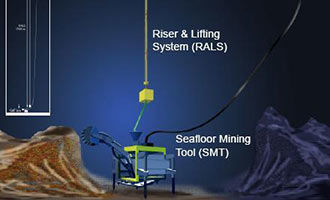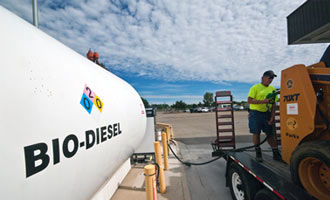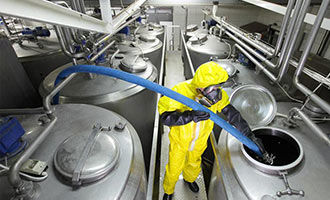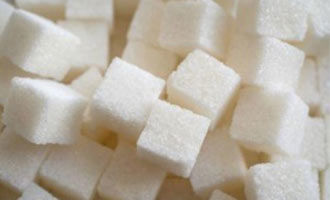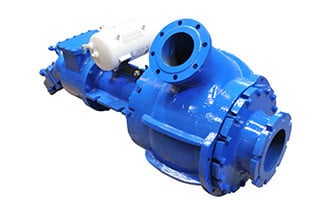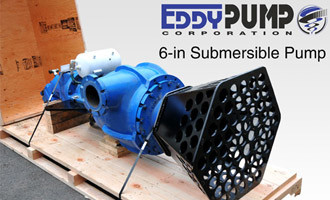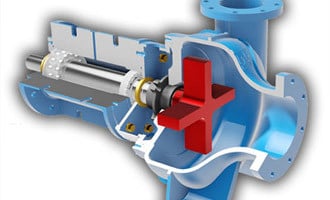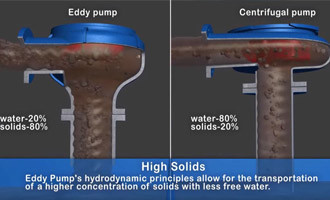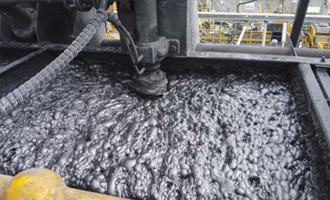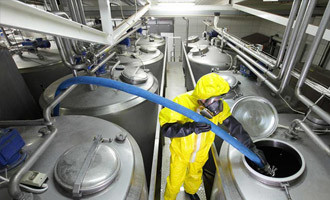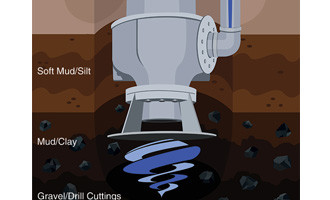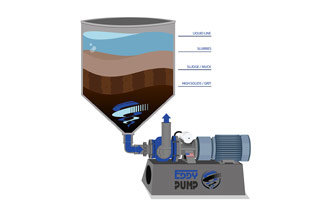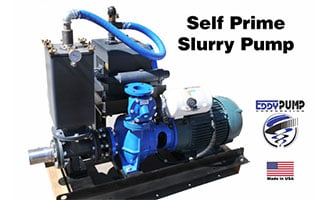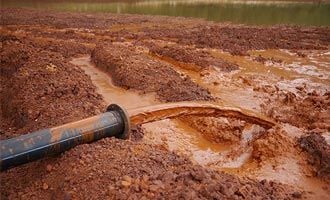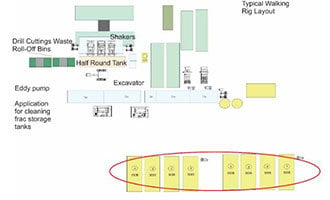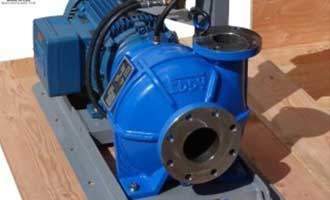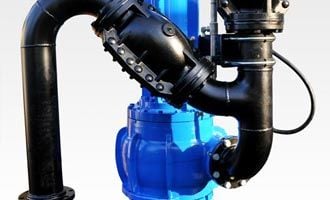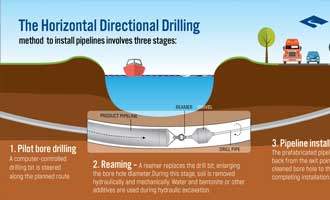Process Pump Applications
Process Pump Applications:
- Process Pumps
- Foundry Waste / Mill Scale
- Manufacturing
- Sump Cleanouts
Process Pumping Problems
Process pumps are found in various industries and are typically built and utilized for a specific purpose. They can also be found at many different stages throughout the entire industrial process, often employed to pump difficult materials that can routinely cause problems for the pump (including cavitation and seal failure) process, which, in turn, affects the entire operation.
Factories, chemical and processing plants, and manufacturing centers all need reliable, specialized process pumps. These specialized ANSI process pumps are available in two main types, including positive displacement and centrifugal pumps (usually equipped with check valves to prevent flow reversal). The selection of a process pump heavily depends on the process, temperature, pressures and the type of material or fluid the pump will handle.
For highly abrasive and viscous material, a centrifugal pump would have frequent maintenance problems, including clogs, seal failure and impeller wear. As a result, the best type of ANSI process pump over a centrifugal pump for this highly abrasive and viscous material would be a heavy-duty EDDY Pump or potentially other positive displacement pump.
Process pumps play a critical role in ensuring the smooth operation of industrial processes. The ANSI process pumps are engineered to handle various materials with specialized impellers, from fluids to slurries, and each type is specifically designed to meet or exceed a range of needs, like low flow, high flow, etc. In industries such as chemical processing, pharmaceuticals, food and beverage, and wastewater treatment, the reliability of process pumps is paramount. These ANSI process pumps must endure harsh conditions, and challenging materials without compromising efficiency or performance, which is why they are heavily favored in the oil and gas sectors.
Different types of ANSI process pumps offer unique advantages. Positive displacement pumps, for example, are ideal for handling viscous and abrasive materials. They operate by trapping a fixed amount of fluid and displacing it through the pump, making them highly effective for consistent flow rates. Centrifugal process pumps, on the other hand, use a rotating impeller or radial vane impeller to impart velocity to the fluid, converting it into flow. While centrifugal pumps are widely used for their simplicity and efficiency, they may not be suitable for highly viscous or abrasive materials. Positive displacement pumps, meanwhile, are key for high pressures and low flow, controlled processes.
When selecting process pumps, it is crucial to consider the nature of the material being pumped. Process pumps like the heavy-duty EDDY Pump are preferable for applications involving highly abrasive and viscous materials. These ANSI pumps are designed to handle the most challenging materials, reducing the risk of clogs and excessive wear. Positive displacement pumps, including diaphragm and gear pumps, are also excellent for demanding applications.
Process pumps are indispensable in various industries, ensuring the efficient and precise movement of materials and liquid throughout the industrial process. The choice of ANSI process pumps depends on the application’s specific requirements, including the type of material, flow rate (high or low flow), and the conditions under which the pump will operate (including temperature). By selecting the appropriate ANSI pumps, industries can maintain smooth operations and minimize downtime caused by pump failures.
Mill Scale Pumps
Foundries also have their share of waste they must deal with, mostly in the form of mill scale. Mill scale is an oxidation byproduct created from forging various metals. It is formed on the outer surfaces of metallic plates or sheets when they are produced by rolling red-hot iron or steel billets in rolling mills.
Furthermore, the abrasive nature of mud, manure, and other abrasive sediments will destroy the impeller of centrifugal pumps and cause short bearing life, pump failures, costly repairs, and the requirement for spare parts. Our ANSI pump has a high tolerance ultra-recessed rotor that withstands the destructive nature of abrasive mud, sand, and rocks.
Sump Pumps
Submersible pumps often remove a liquid from a particular area at a low depth using a radial vane impeller and specialized piping. This could include emptying sumps from manufacturing operations or pumping waste material from a collection or holding tank. Depending on the sump or tank’s setup (including the placement of the discharge side), these types of ANSI pumps can be mounted vertically or horizontally.
The EDDY Pump is the ideal solution for these sumps and can be deployed electrically, hydraulically, or as a self-priming unit. Furthermore, the abrasive nature of manufacturing waste, such as mill scale, will quickly wear down the radial vane impeller of other brands of centrifugal pumps and cause pump failures, leading to costly repairs and spare parts. Our pump, which is an ANSI process pump, has no critical tolerances, a long bearing life and an ultra-recessed rotor that withstands the damaging nature of abrasive solids.
Equipment Options For the Job:
-
Process Pumps: Submersible, EDDY Slurry Pump, Self-Priming Pump
-
Mill Scale Pumps: Submersible, EDDY Slurry Pump, Self-Priming Pump
-
Fly Ash Mixing and Remediation: Electric or Diesel Driven Submersible EDDY Slurry Pumps
EDDY Pump Equipment
The EDDY Pump can be deployed in various dredge configurations to optimize the cleanup of sediment and manure transfer. Some of the ideal deployments for agricultural pumping are Excavator Pump Attachments, Self-Priming Pumps, Submersible Pumps, Liner-Safe Dredges, Cable-Deployed Pumps, Autonomous Dredges, Spud-Dredges, and the Subdredge.
EDDY Pump
With the adjustable size, the ultra-recessed rotor can pass the most significant solids material (along with fluids) in the industry.
Normal dredge pumps clog, wear, and fail more often in harsh sand, sludge, rocks, and slurry conditions. This leads to downtime for maintenance, and potentially high cost services that can hurt your bottom line. That is not the case with EDDY Pumps customers since we have the tolerance to pump objects up to 9 inches!
Self-Priming Pump
Most EDDY pumps are submersible, with a self-priming unit; the pump and power unit are not submerged. The suction house goes into the liquid and slurry, and the unit acts like a super-sized wet vacuum. These process pumps can remove air on their own and continue operation without assistance, making them perfect for mounting on a trailer that can be wheeled from location to location. Because the pump is not submerged, self-priming pumps’ operation and total cost of maintenance are economical and relatively easy throughout the unit’s life.
Questions? Call Us: 619-404-1916
Tell us about your project. See the custom pump curve page and we can start the first step of a quote to determine if your project is a fit for our equipment. Contact Us Here
Process Pumping Scenario
Typical Process Pump Applications:
- Process Pumps
- Foundry Waste / Mill Scale
- Manufacturing
- Sump Cleanouts
The purpose of this page is to identify your application and learn more about an equipment solution to meet your needs. These are the most common process and manufacturing pump applications that we work with. We are the OEM for the tools shown.
Application: Sump waste cleanout. Removing waste collected in sumps from manufacturing and processing.
Material: Sludge. Suspended solids and abrasive, in slurry form.
Common Process Pump Scenario:
The Submersible EDDY Slurry Pump is excellent for pumping thick, sludgy material that collects at the bottom of sumps, holding tanks, or other types of vesicles. The pump can be mounted vertically or horizontally depending on the particular setup or project needs.
By mounting the submersible EDDY Pump to a processing sump or waste holding tank, you can handle the most difficult pump applications. The EDDY Pump allows you to pump highly abrasive slurry at distances over 2-miles at production rates of up to 600 tons of slurry per hour or 5000 GPM.
Optional upgrades such as a jetting ring or cutterhead will ensure even agitation of highly viscous material, allowing easy feeding into the pump.
Below are commonly distances we see, along with a pump curve to match the details. Contact us with your exact numbers.
Distance: 2500 ft
Vertical Rise: 30 ft
Production: 1414 GPM
Equipment Used: 6 Inch EDDY Pump
Optional HPU: EDDY Pump equipment can be powered by electric or hydraulic motor setups. The ideal option is based on your project requirements.
Sales Quote With Custom Pump Curve
Do you know specifics about your project? Let us know and we can create your own personalized pump curve.
See The EDDY Pump in Action
Process Pump Demo Video
Slurry Pumps
Why EDDY Pumps Are Better – Highlights
This video shows how EDDY Pump beats out traditional centrifugal pumps when it comes to tough slurry and abrasive materials. EDDY Pump is the at the heart of all of our featured dredge pump equipment including the Remote Operated Subdredge, Diver Operated Pump and a Excavator Attachment Dredge Pump.
Call for Sales or Support
Call 619-404-1916
Why EDDY Pumps Are Better - Highlights
This video shows how EDDY Pump transports high slurry and abrasive materials. Featured dredge pump equipment includes the Remote Operated Subdredge, Diver Operated Pump and a Excavator Attachment Dredge Pump.

